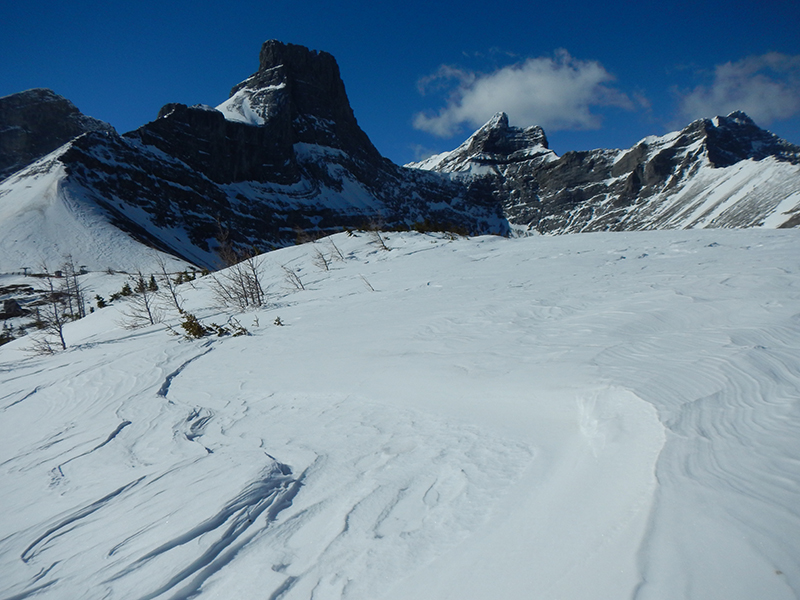
NASA partners with U of S on a field based course on snow measurement
Intensive field-based course will give fundamental training to students in performing and analyzing snow measurements in the Canadian Rockies
Members of the Global institute for Water Security will be among the instructors teaching snowpack measurements at Fortress Mountain in the Canadian Rockies.
John Pomeroy, Associate Program Director of Global Water Futures as well as director of the Centre for Hydrology at the University of Saskatchewan, and Nicholas Kinar, Centre for Hydrology, will be among those hosting a three-day intensive field-based course will give fundamental training to students in performing and analyzing snow measurements.
Where:
Barrier Lake Field Station, Kananaskis, Alberta, Canada (about 45 minutes west of Calgary) with field work at Fortress Mountain in the Canadian Rockies (see http://bgs.ucalgary.ca/facilities & https://www.youtube.com/watch?v=lmLND5EhL5w)
When:
January 5 - 9, 2017
What:
This three-day intensive field-based course will give fundamental training to students in performing and analyzing snow measurements, including depth, density, snow water equivalence, grain size and shape, stratigraphy, temperature and hardness. Students completing this course will be able to perform high-quality fieldwork as well as design studies requiring snowpack measurements, and upon completion of the course will be capable of performing quality measurements required during snow remote sensing calibration and validation campaigns. Class credit will be offered through the University of Saskatchewan.
Who: Students
The course is aimed at undergraduate and graduate students, post-docs, professionals and senior scientists, modelers and those who do snow remote sensing that will either need to make snow measurements as part of their research, or use snowpack data in their research. There are no prerequisites, but students will be selected from the pool of applicants based on applicability to their studies. Successful applicants will be notified by December 15, 2016. Students from any nation may apply.
Who: Instructors
Dr. Kelly Elder: US Forest Service, Rocky Mountain Research Station
Dr. Matthew Sturm: Geophysical Institute, University of Alaska, Fairbanks
Dr. John Pomeroy, Director, Centre for Hydrology, University of Saskatchewan
Dr. Jessica Lundquist, Mountain Hydrology Research, University of Washington
Dr. Alexandre Langlois, Centre d’applications et de recherches en télédétection, Université de Sherbrooke
Dr. Nicholas Kinar, Centre for Hydrology, University of Saskatchewan
How:
NASA funding is pending (and expected) for the 2017 course. Students will be reimbursed for travel, food, and lodging enroute the Barrier Lake field station, where lodging and meals will be provided. Travel expenses may include airfare, taxi or bus for airport access, and shuttle from Calgary Airport (YYC). Car rental will not be reimbursed. Receipts for all the above expenses should be kept and information about processing will be provided at the course. Please make every effort to minimize travel costs. Questions about rates, fees, and reimbursements should be sent to Cindy Brekke at NSIDC (brekke@nsidc.org)
For course information contact: Dr. Matthew Sturm via email: msturm1@alaska.edu and indicate Snow School in the subject line.
